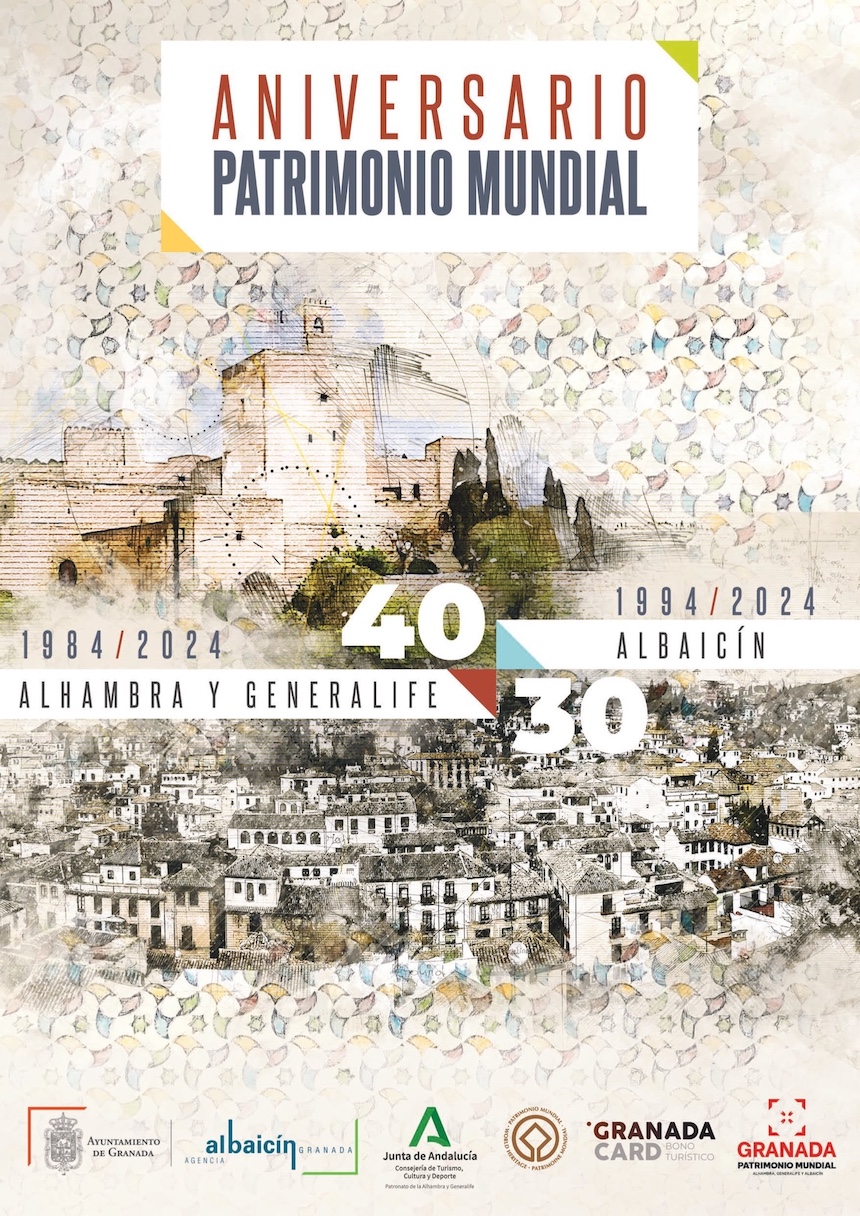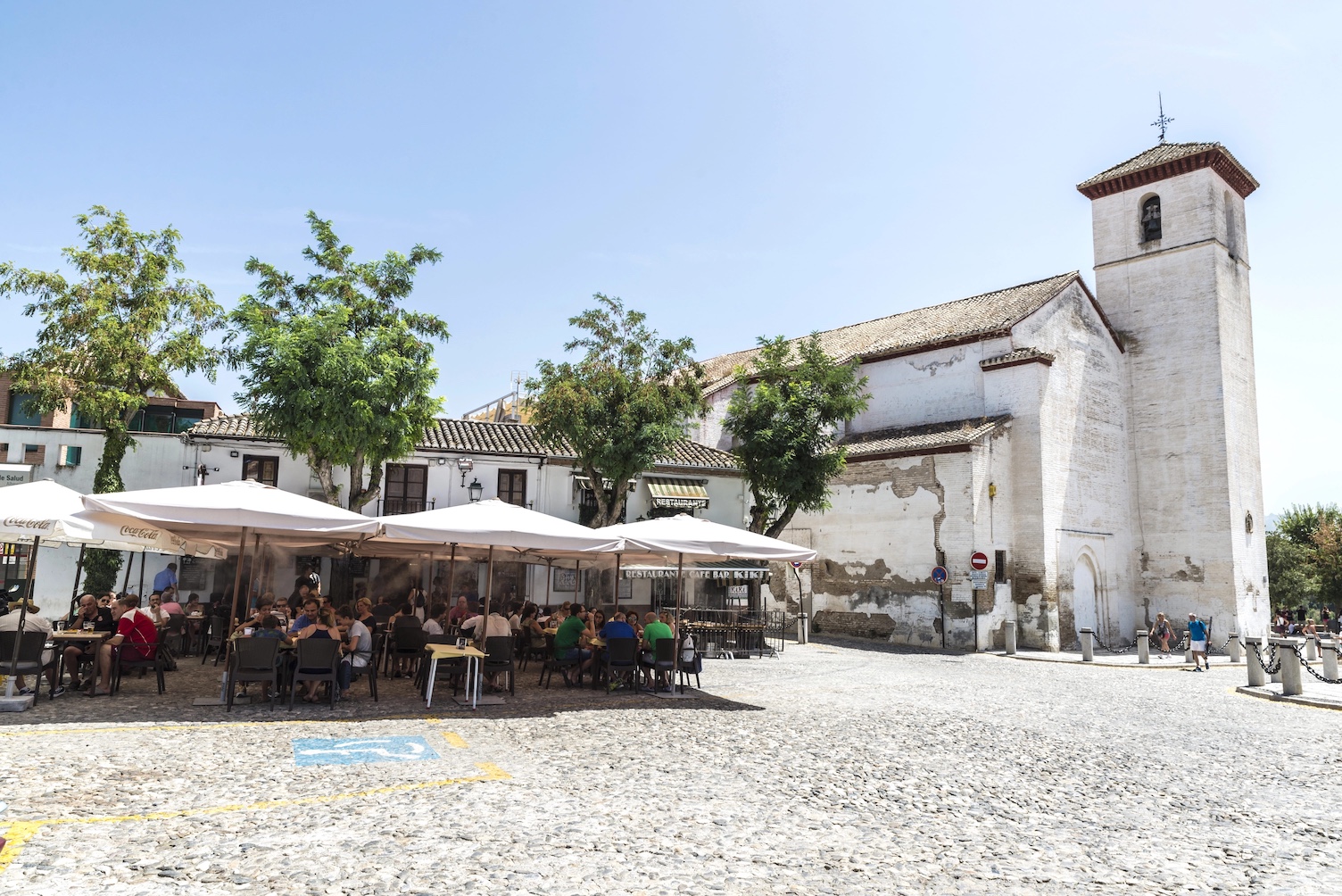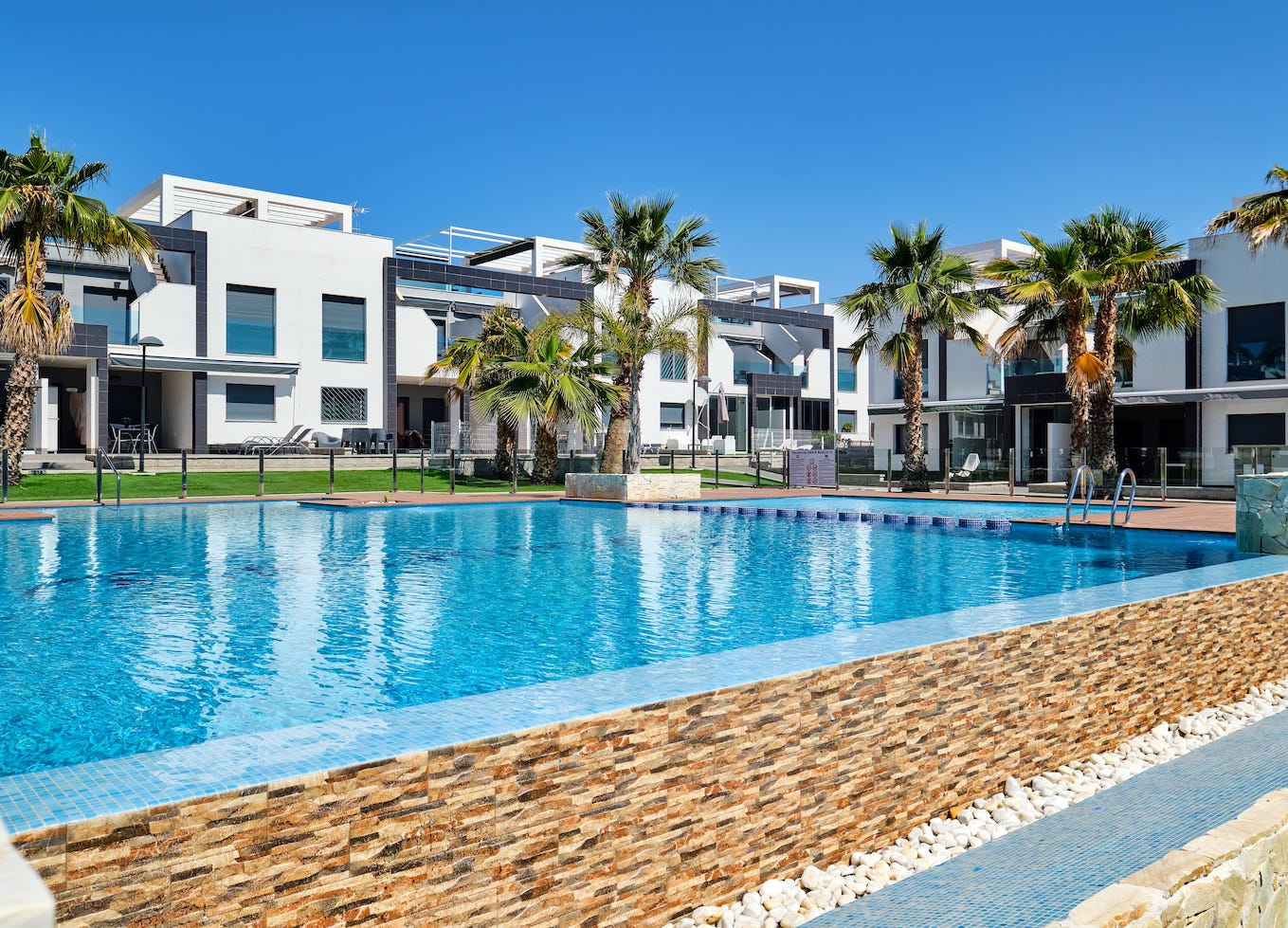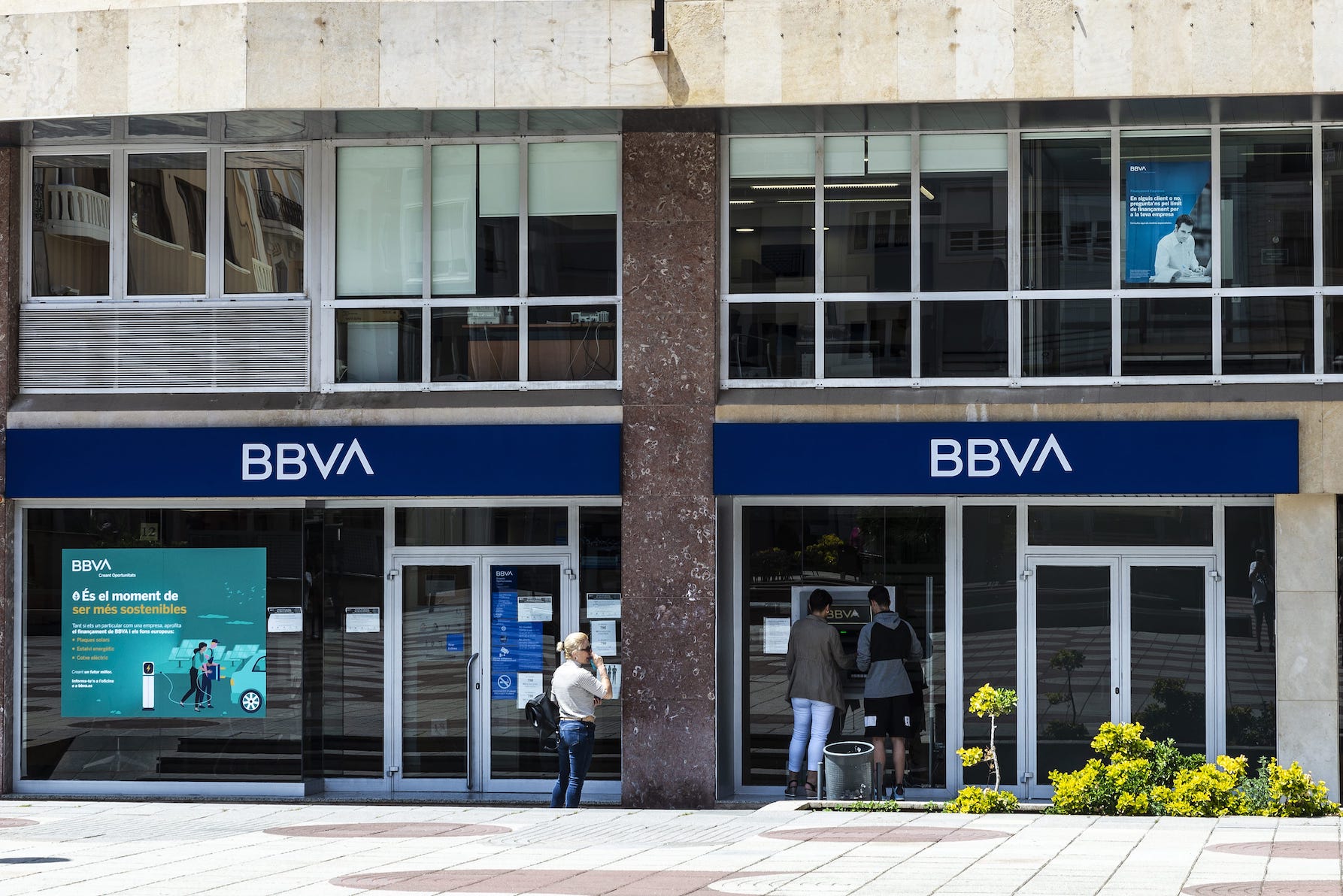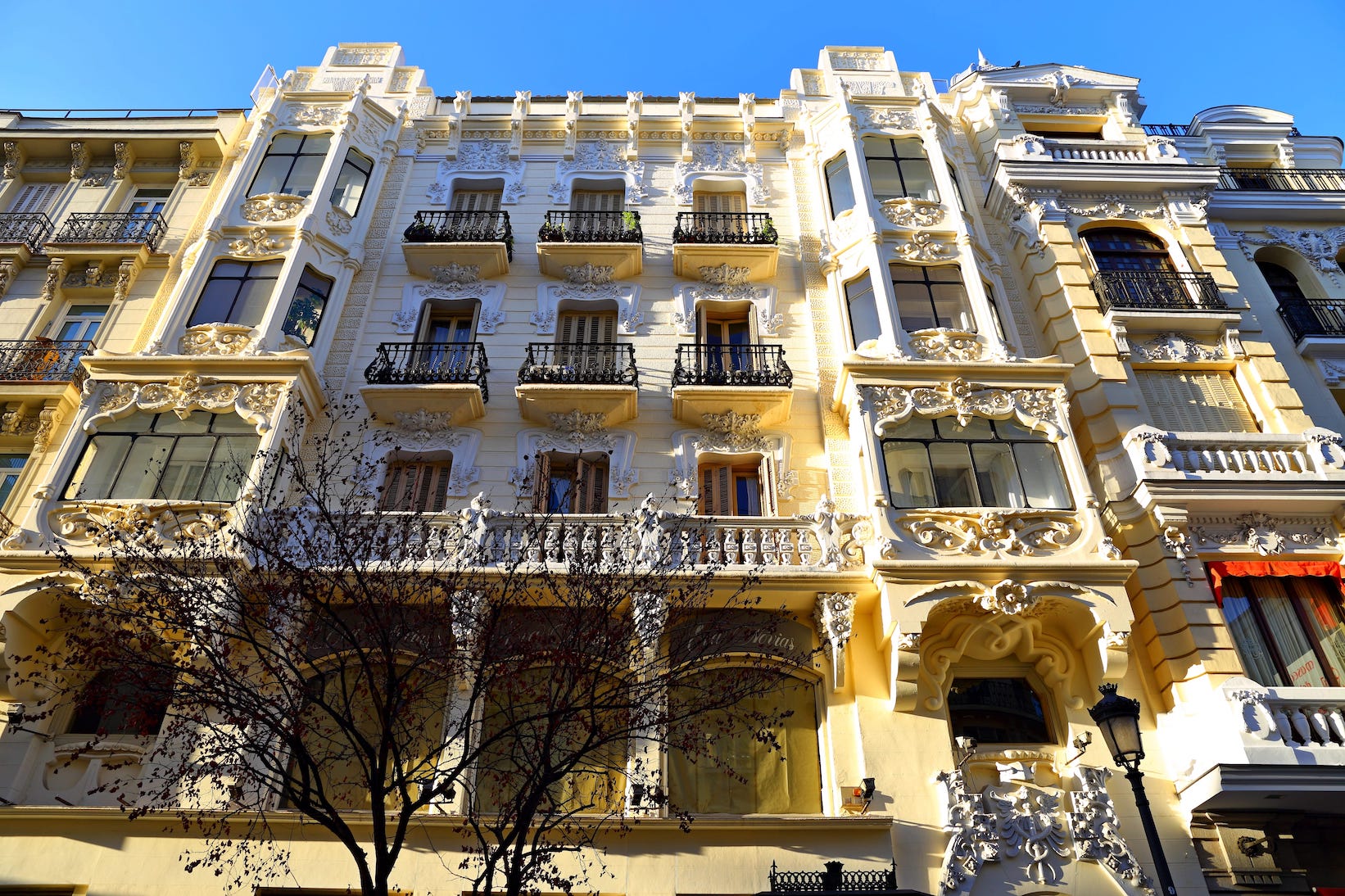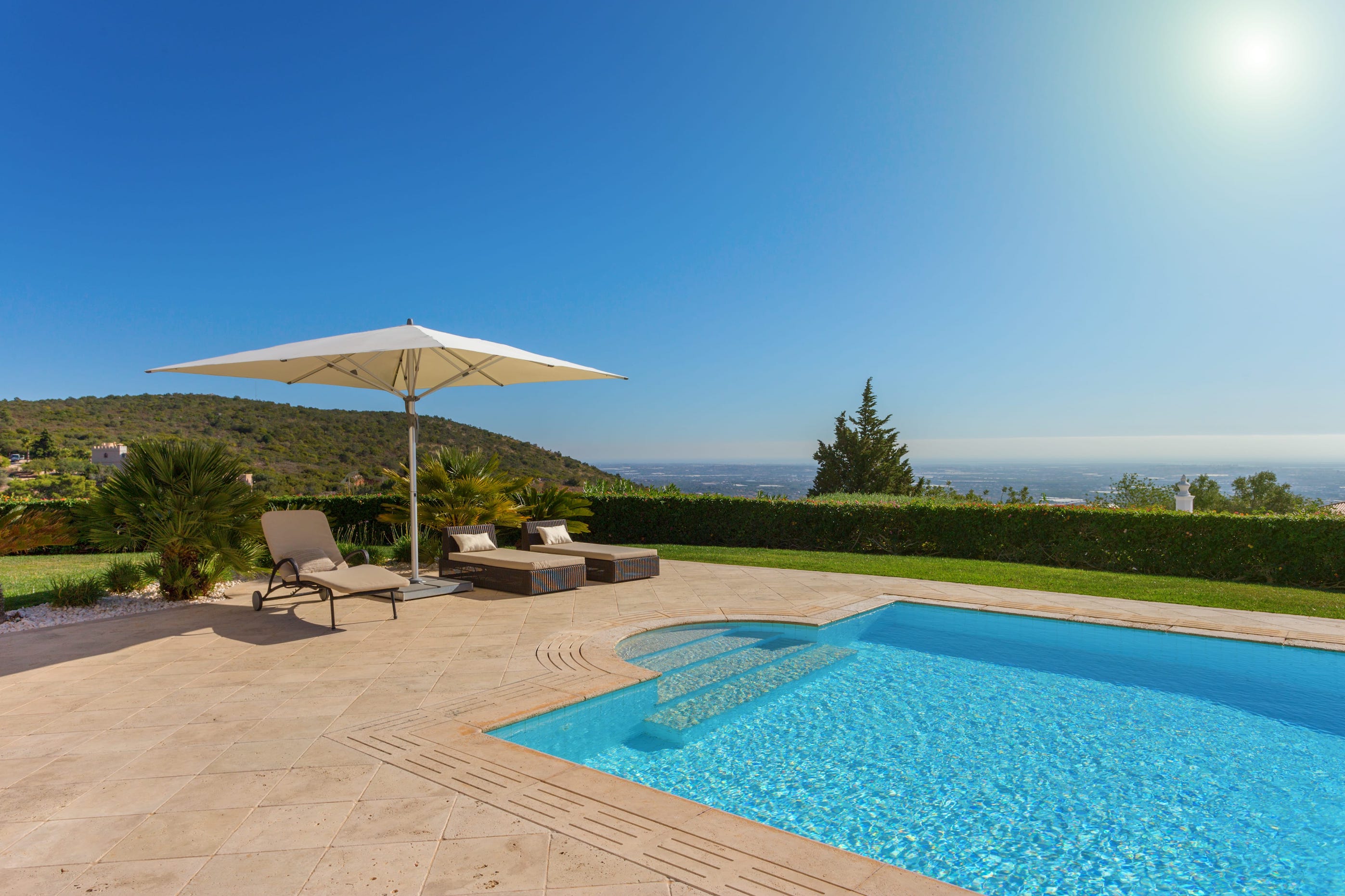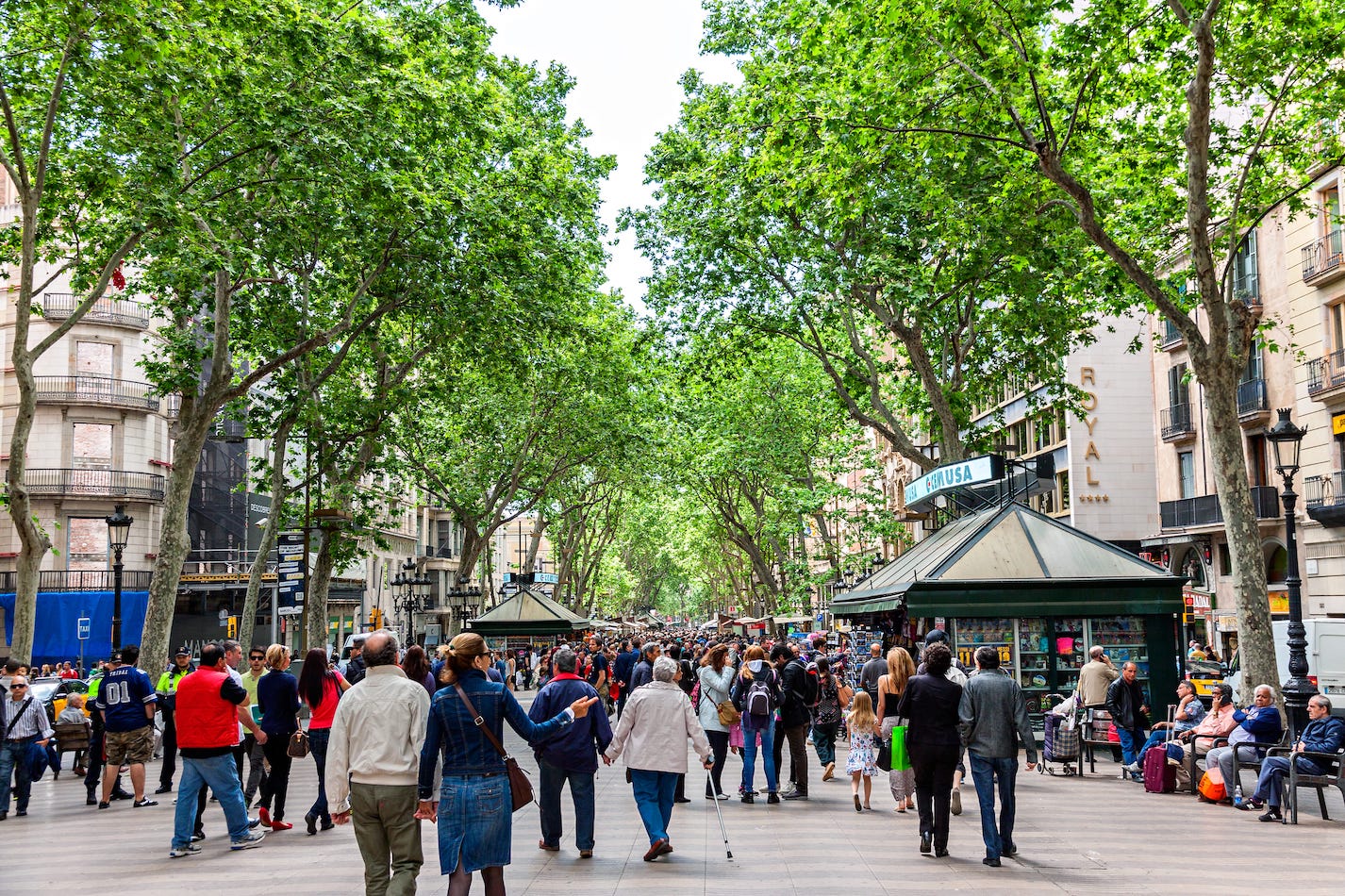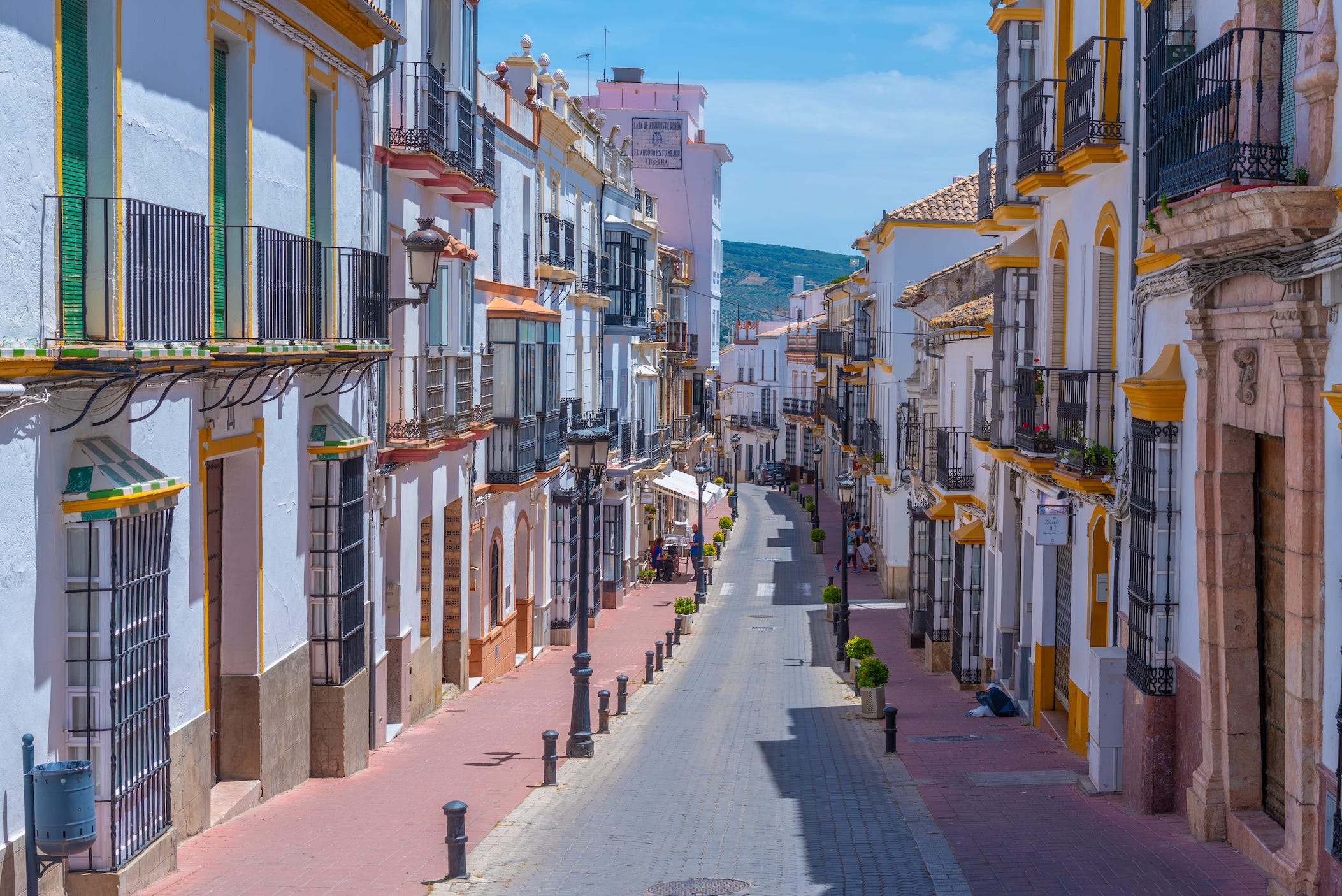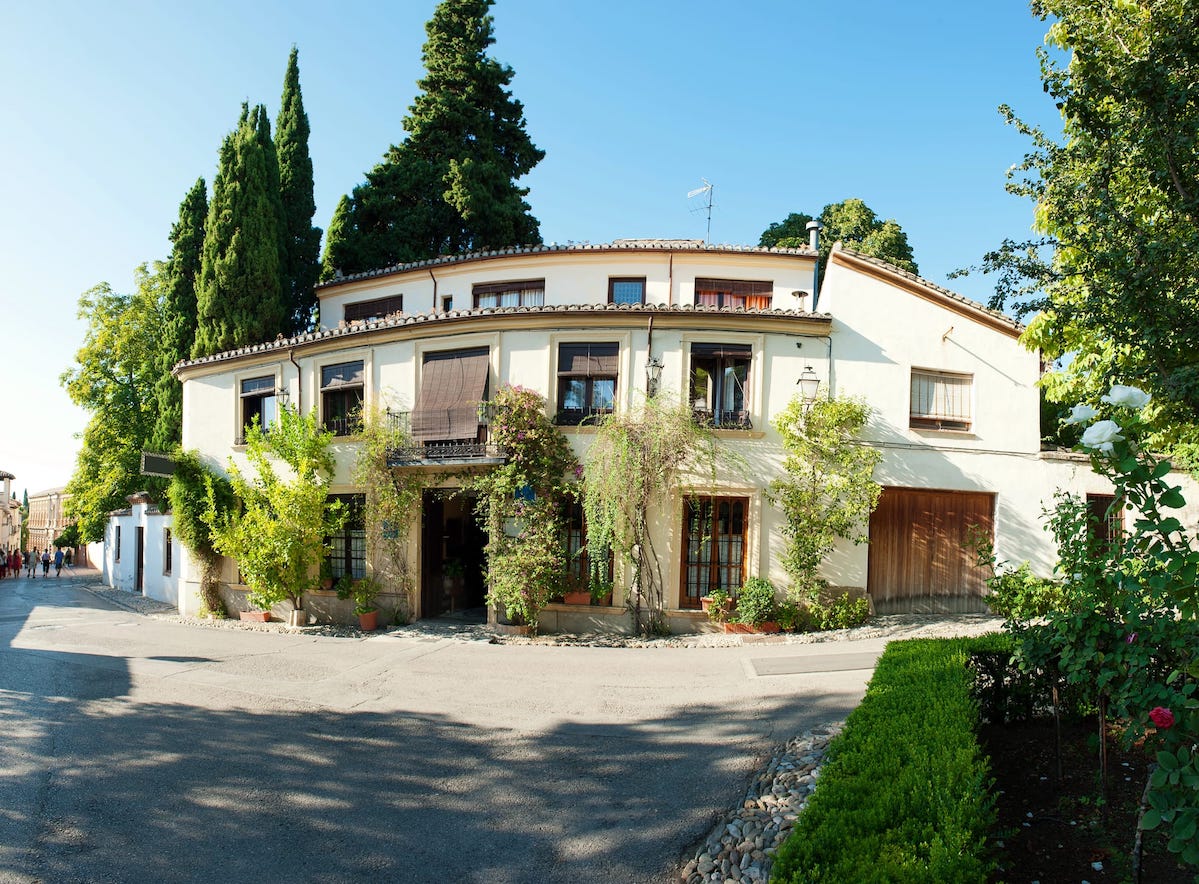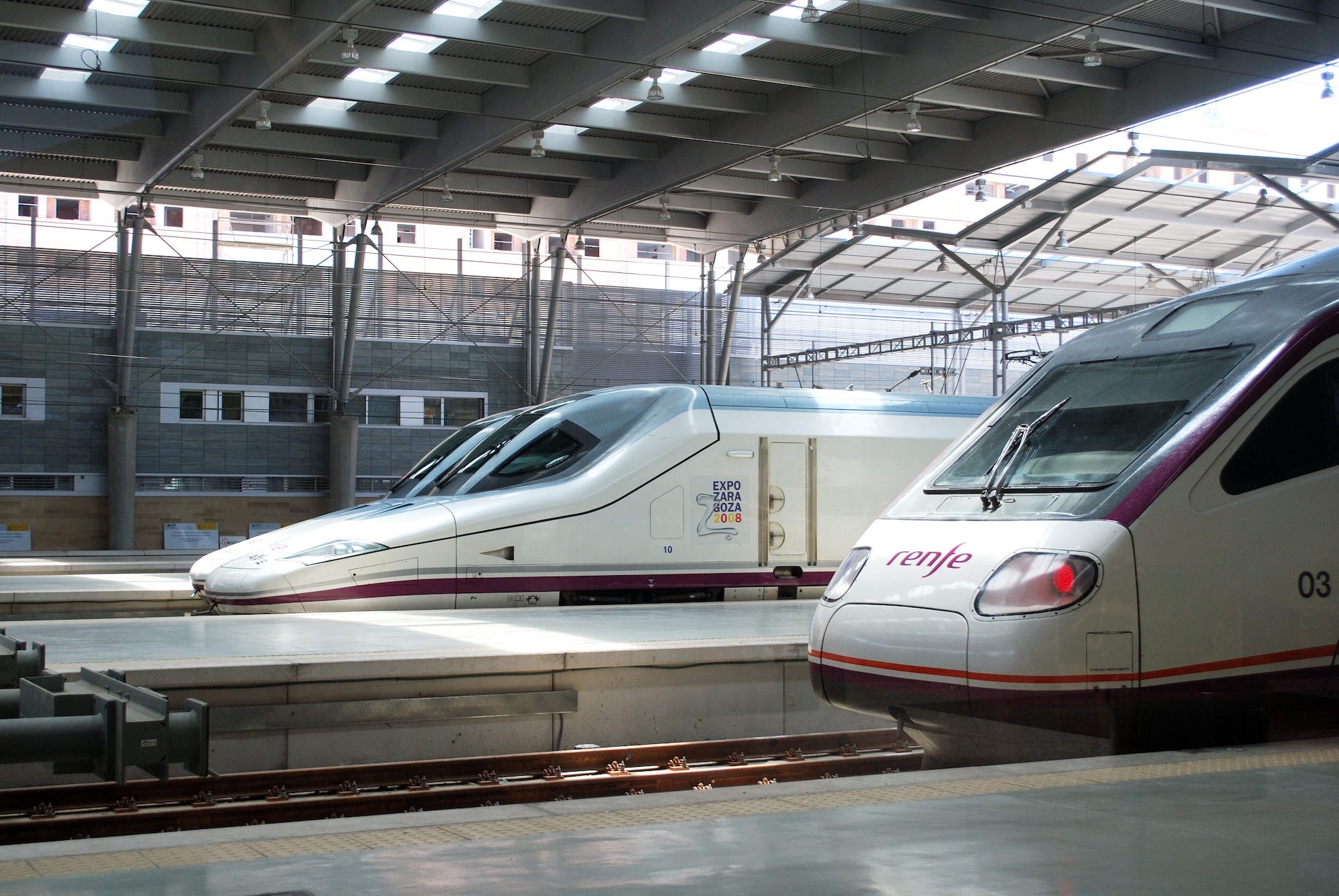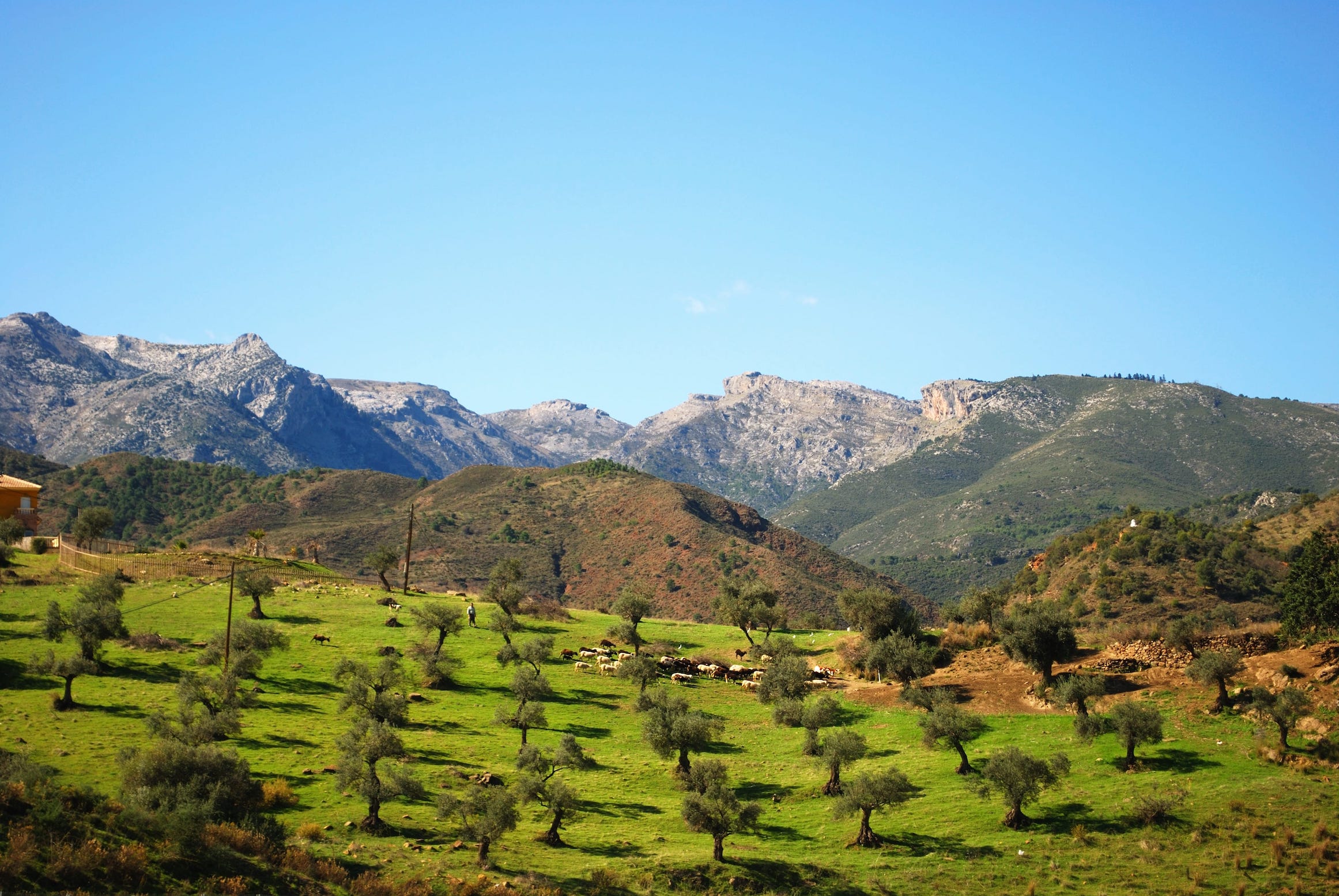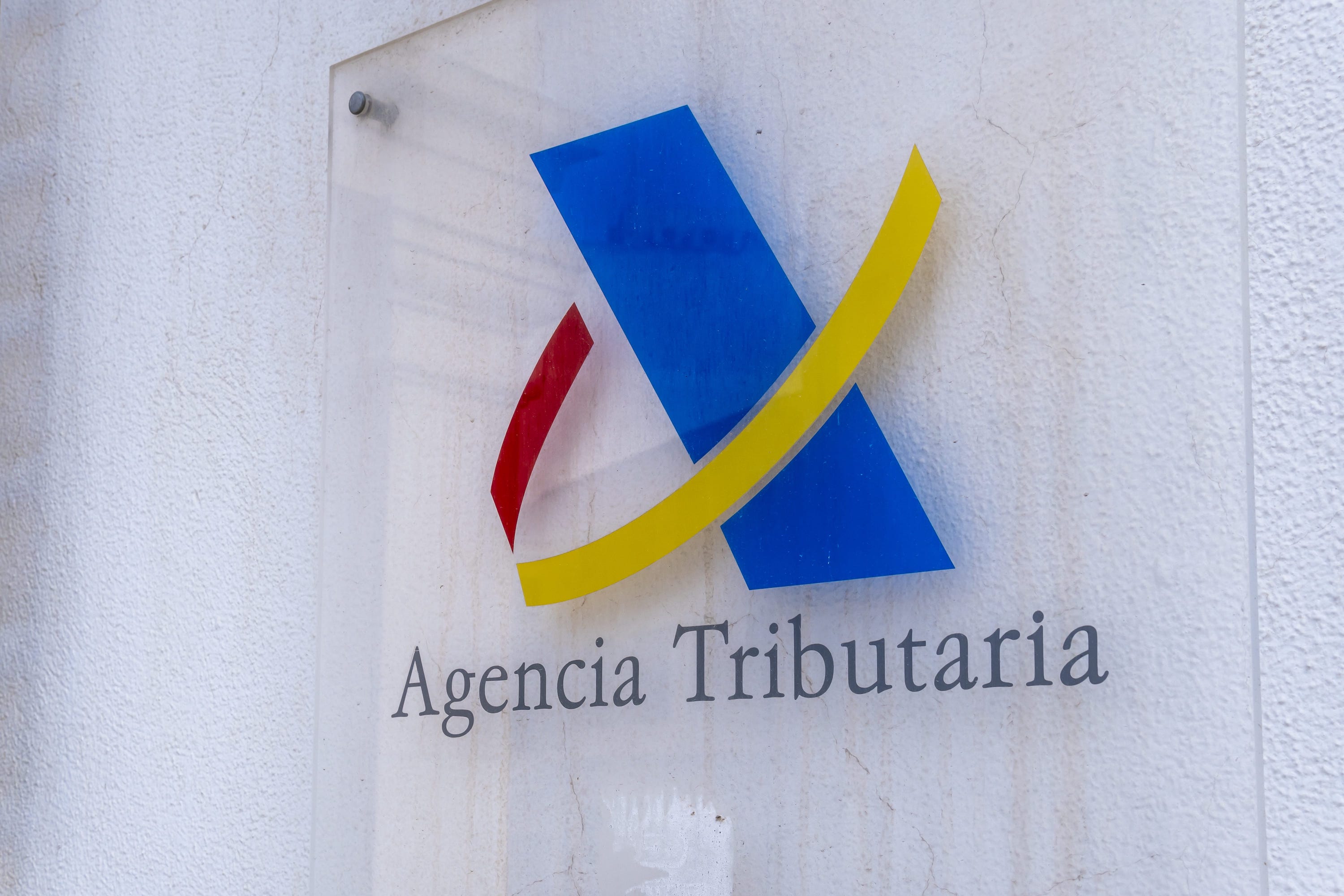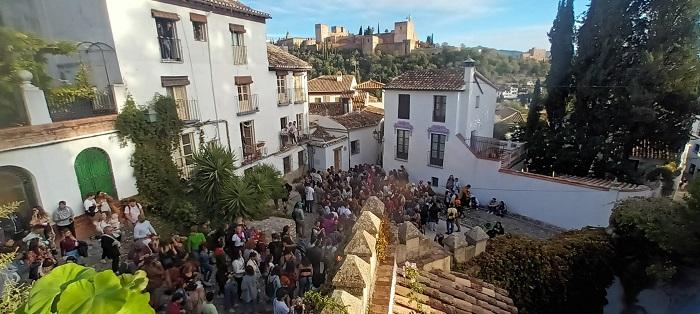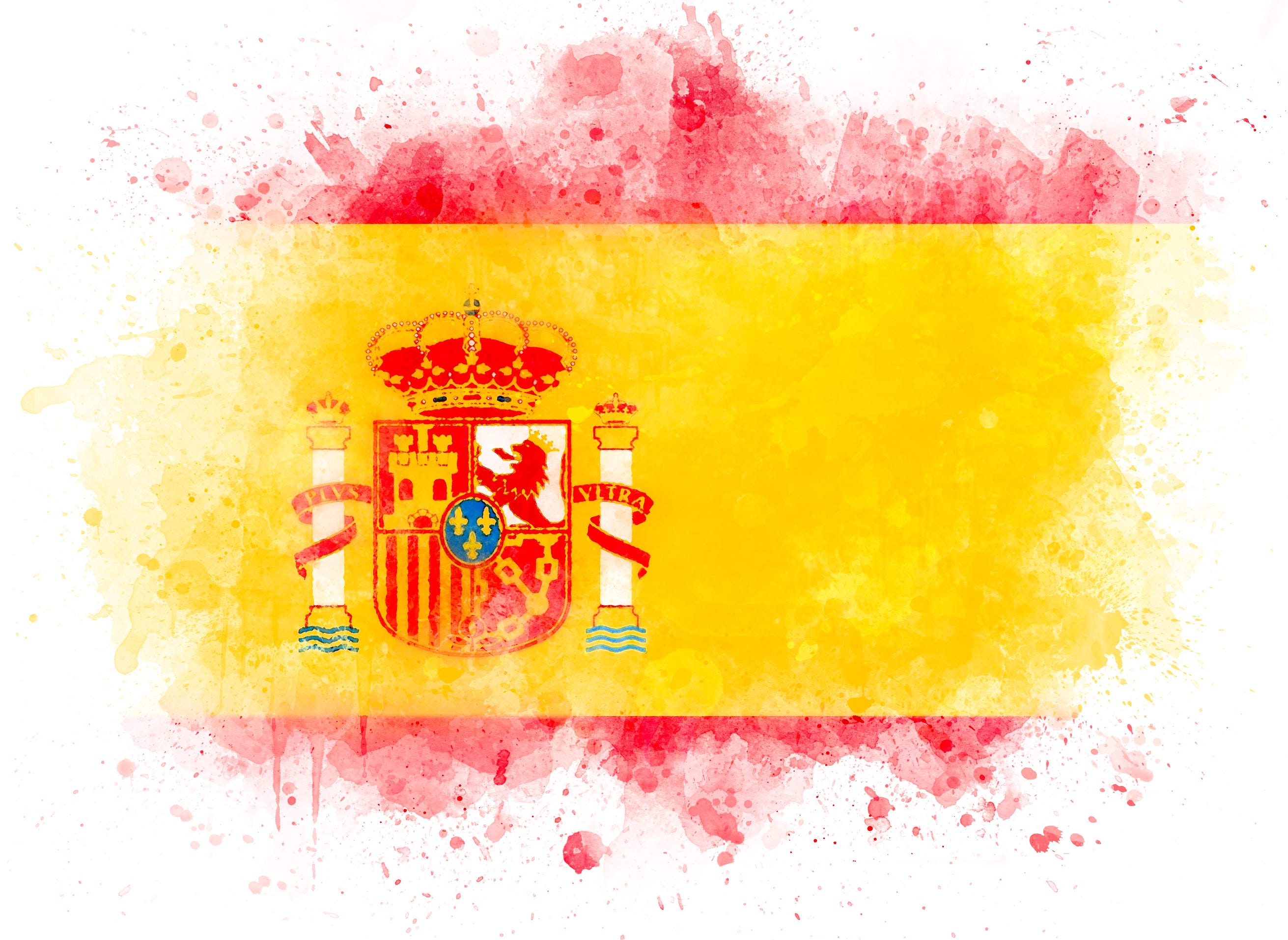In 2024, Granada proudly marks two significant milestones: the 40th anniversary of the Alhambra and Generalife being declared a UNESCO World Heritage Site in 1984, and the 30th anniversary of the Albaicín’s inclusion in this prestigious list in 1994. These dual anniversaries not only reaffirm Granada’s cultural and historical importance but also provide an opportunity to reflect on the city’s extraordinary legacy.
As part of the celebrations, a unique initiative has been launched: the "40-30 Commemorative Route", a curated journey through fourteen monuments that encapsulate the essence of these World Heritage sites. This route offers an unparalleled chance to explore Granada’s history, art, and architecture, guided by expert historians and enriched by the stories that define this city.


